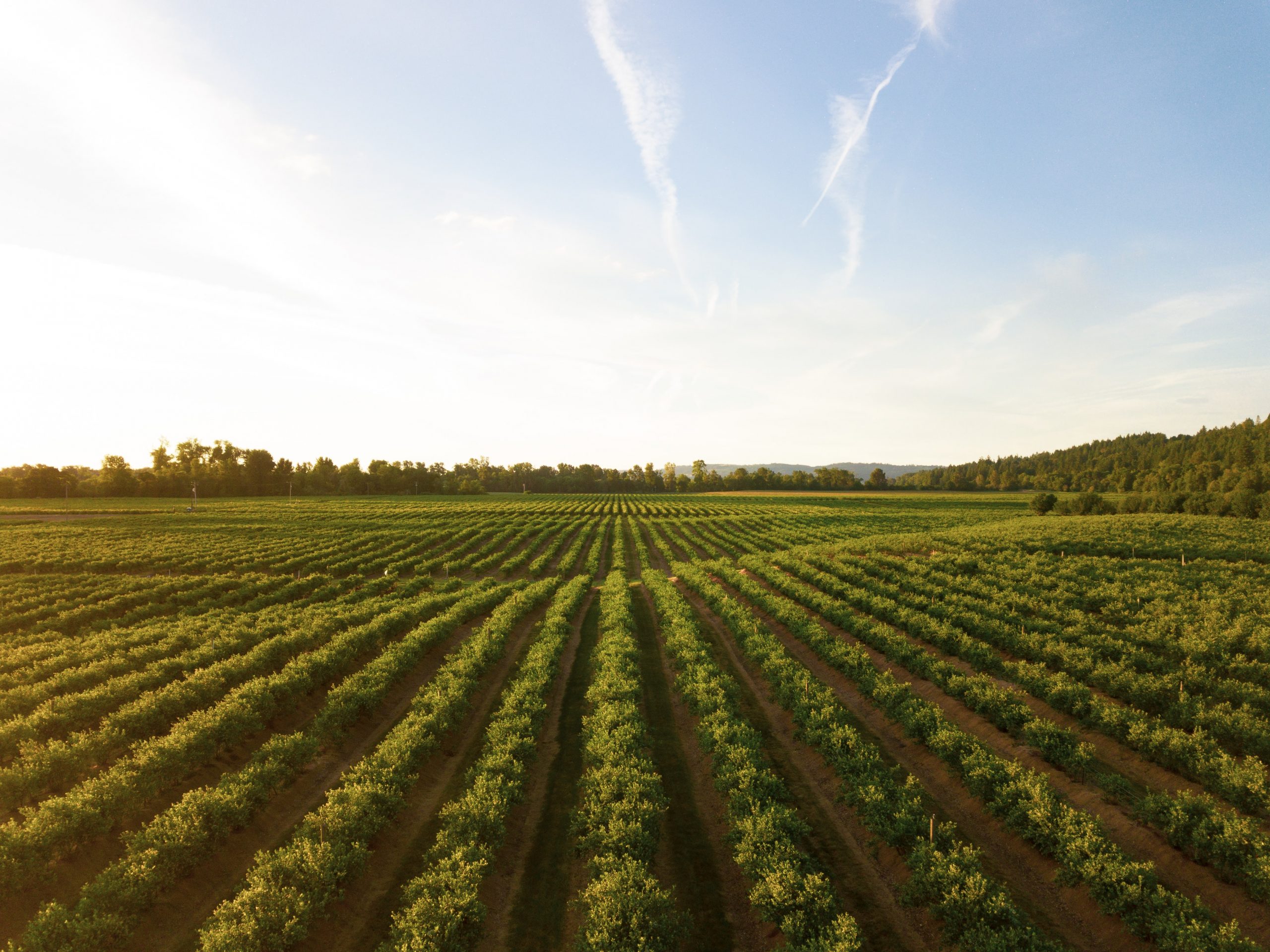The UK government has launched a consultation on exit payments to farmers, in order to encourage older farmers to retire, and incentivise the younger generation to enter the industry.

The consultation is part of the wider overhaul of farm grants and schemes, collated in The Agricultural Transition Plan, which aims to support farmers through a seven-year transition away from EU based rules, beginning in 2021. The legislation set out in the plan aims to drive competitiveness, increase productivity, reduce carbon emissions, and generate fairer returns across the agricultural industry.
A move from basic payments to lump sum payments
Farmers wishing to retire could be paid a lump sum payment up to a capped amount of £100,000 as part of England’s move to a post-Brexit subsidy-system.
The consultation reports that some farmers wishing to leave the industry are prevented from doing so due to financial reasons, suggesting that the lump sum exit scheme will help farmers retire in a planned and managed way.
At present, under the EU-style Basic Payment Scheme, cash is paid out annually to farmers based on land value. The proposed lump sum exit scheme will instead move these payments to a single sum. The consultation suggests that the lump sum payments would be calculated based on the annual figure farmers would have otherwise received from the EU subsidy scheme before it was tapered, multiplied by 2.35.
The consultation seeks views on who should be eligible for these lump sum payments and how the payments should be calculated.
Delinked payments
A schedule for phasing out direct payments has already been set out in The Agricultural Transition Plan. Direct Payments, which are currently made through the Basic Payment Scheme, will be phased out from 2021 to 2027, with reductions being made progressively each year. Everyone will have a reduction of 5% on their first £30,000 of payments in 2021, followed by bigger reductions in higher payment bands.
From 2024 these direct payments will be replaced by delinked payments. The new plans would ‘delink’ the payment from the amount of land farmed, meaning farmers will not have to farm the land to receive payments, until they have been phased out.
This aims to create opportunities for new entrants, and farmers wishing to expand or diversify their business.
The tax implications
Catherine Desmond, Partner at Smith Cooper, and adviser to businesses in the agricultural sector comments:
“From this consultation it is clear that the government is focusing on the new environmental land management schemes which are set out in The Agricultural Transition Plan, amid concerns that older farmers may be more resistant to implementing more environmentally friendly practices. Whilst farmers have long been good at dealing with changes to their industry and the support that they receive, this may give some the opportunity to retire or go in a new direction that they may not have been able to consider before.”
“The lump sum exit scheme won’t be suitable for all farmers by any means. The payment may be taxable as income and unless it is able to be spread over a number of years it may push taxpayers into a higher tax band or cause them to lose reliefs such as the personal allowance. Guidance will be needed from the government on how they would seek to treat these payments from a tax perspective and what reliefs might be available to ensure that tax bills do not end up putting people off participating”
“The consultation also mentions that where a partnership takes the lump sum payment, all partners will be ineligible for Direct Payments in future, this may create some issues for family partnerships where one of the partners wishes to continue farming in some way. In fact, there are several questions posed in the consultation that could cause unwanted issues for both farmers and landlords and I would therefore recommend that those affected read and respond to it where appropriate”.
The consultation will close for responses on 11 August 2021, and a report on the responses will be published later in the year.




